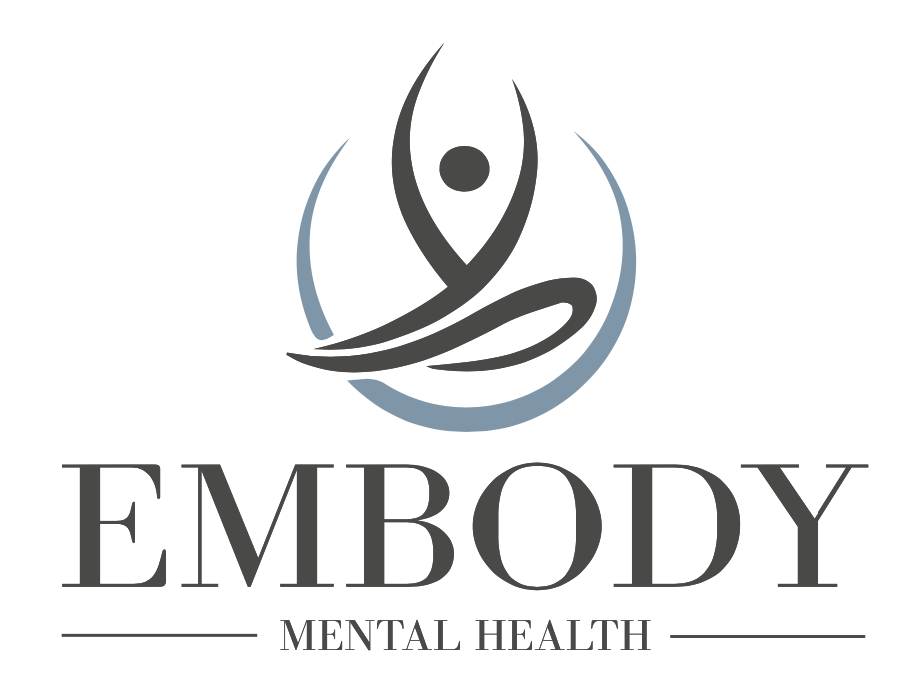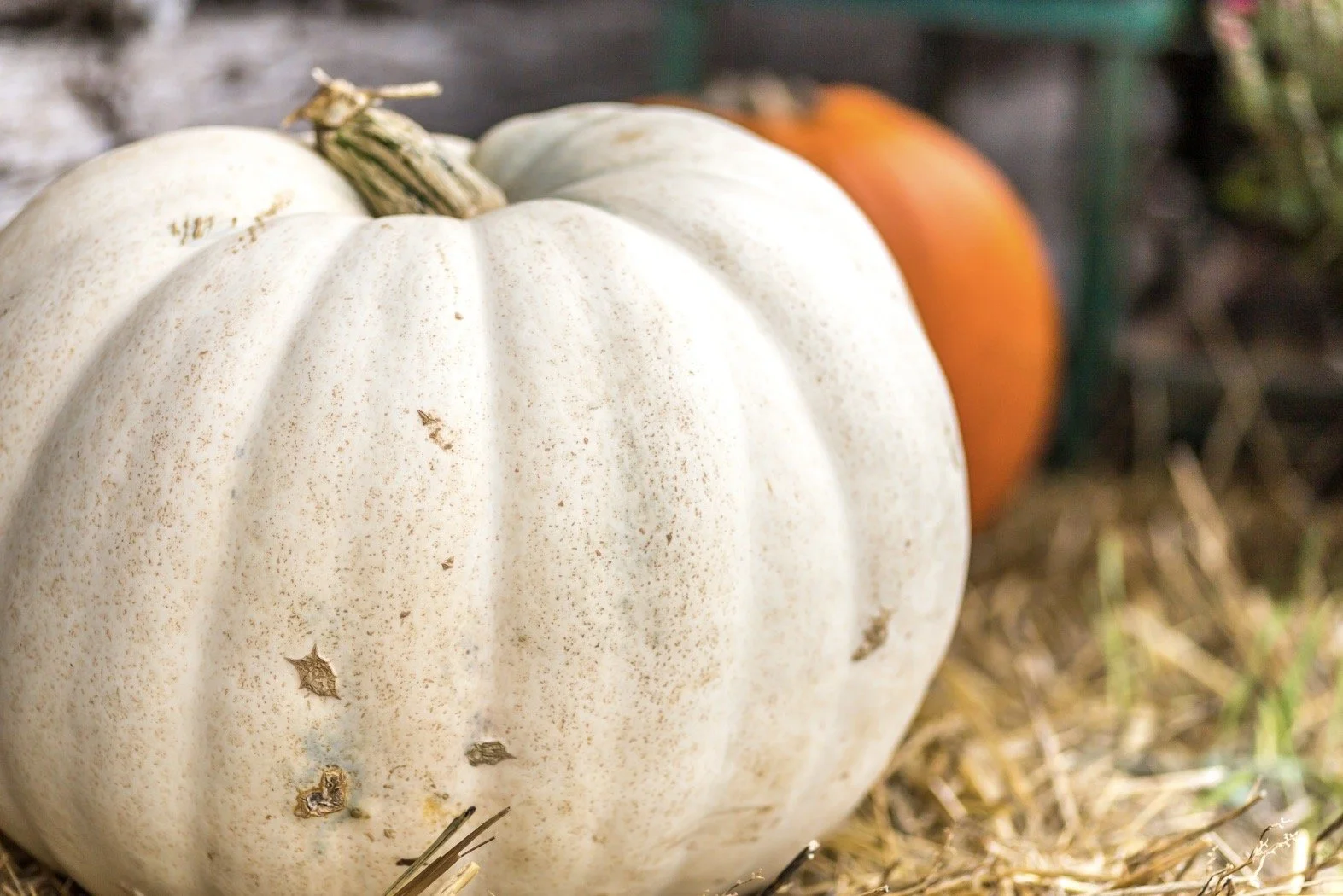Navigating Pregnancy and Infant Loss During the Holiday Season
By: Deb McGarvey
Welcome to Healing Highlights, the Embody Mental Health blog. Healing Highlights is dedicated to providing readers with a nurturing space, valuable education, comforting conversations, and encouraging insights. The purpose of the blog is to empower individuals to navigate life's challenges with resilience, self-compassion and understanding. Through informative articles, practical coping strategies, and uplifting messages, Healing Highlights fosters a supportive community where mental well-being is prioritized and celebrated. Whether you're seeking guidance or simply looking for a place to connect, this blog serves as a resource for healing and growth.
October is Pregnancy and Infant Loss Awareness month, so we’ve chosen this topic for our inaugural post.
Pregnancy and infant loss often produce what’s known as disenfranchised grief. This means that our society or culture generally doesn’t recognize or value this type of loss. We already live in a society that often pushes the grieving to “move on” and as a whole doesn’t offer adequate support for grief. With disenfranchised grief, this is magnified. People may avoid discussing the loss entirely, or they may say things like, “it’s not as if you knew them” (if the loss happened before birth), “you can always try again,” “at least you have another child at home,” or as was once said to me, “you just have to get back on the horse.” This lack of support and understanding can cause us to feel alone in our grief. The fact that pregnancy loss takes place inside the body of the person carrying the baby adds a layer of physical trauma and a host of physiological reactions to the emotional pain of loss. For all of these reasons, we need to tend to our hearts, minds, and bodies when navigating this type of grief.
As Halloween decorations pop up like mushrooms, Halloween shops are in full swing, and candy and costumes are on sale everywhere, from big box stores to resale shops. And of course, the iconic pumpkin decorations are everywhere as well. If you have experienced pregnancy or infant loss, Halloween can be a difficult time. On the day itself, excited costumed children roam the streets, and sometimes entire neighborhoods are taken over with festivities like trunk or treats, haunted houses, and parties. Even if you’ve always enjoyed Halloween, it can be a painful experience in the face of this kind of loss. At the same time, October offers traditions for connecting with our deceased loved ones at this time of year. The beginning of November brings the Day of the Dead. Samhain, a Gaelic pagan holiday, is the origin of Halloween, and was traditionally thought of as a time to connect with the dead; it was said that at this time of year, the veil between the worlds is the thinnest. Whatever your belief system, there are ways to honor your feelings and your experience. We don’t have to push aside our grief; it’s possible to both enjoy a holiday or season AND feel sorrow - in fact, it’s more often the case than not.
Fittingly for October, the white pumpkin is a symbol of pregnancy and infant loss. White can symbolize purity or peace; it may bring to mind ghosts, or angels. The color white is actually the presence of all colors, deceptively simple but in fact the most complex color there is. Our memories, or the ghosts of our hopes for the children we didn’t get to keep, stay with us. They are as real as a pumpkin. Maybe this Halloween you will choose to set a white pumpkin alongside your more colorful ones. Placing a white pumpkin makes our loss visible, holding a place for our lost little one amid the festivities. Acknowledging our loss, making actual, physical space for that child, can be nurturing for us in our grief. However you honor your loss, we hope that you have the care and support that you need. What do you think about using white pumpkins at Halloween, or placing a white pumpkin in your home or garden at any time of the year?
There are many resources available to support people grieving pregnancy or infant loss. Embody Mental Health runs a grief support group specifically for perinatal loss. To learn more and/or to register, please contact Deb McGarvey at deb@embodymentalhealth.com.
If you are looking for a book to help you understand and manage what you’re experiencing, Empty Cradle, Broken Heart: Surviving the death of your baby (by Deborah L. Davis) does a beautiful job of acknowledging grief and offering ways to cope with this type of loss.
If you have other children at home, they will have their own experience and need to process their own feelings related to a loss. Here are some lovely children’s books that you can share with little ones to help with those conversations.
Dear Star Baby (words by Malcom Newsome, illustrations by Kamala Nair) is a beautiful story about a child coming to terms with the loss of an unborn baby sibling.
What Does Grief Feel Like? (words by Korie Leigh, Lh.D., illustrations by Mike Malbrough) is a wonderfully clear, comprehensive, kid-friendly explanation of grief, peppered with questions that the child is invited to answer along the way.
Goodbye: A First Conversation about Grief (by Megan Madison, Jessica Ralli, and Isabel Roxas) gently and clearly explains both death and grief, and shares examples of ways that people grieve, beliefs about what happens after someone dies, etc.



